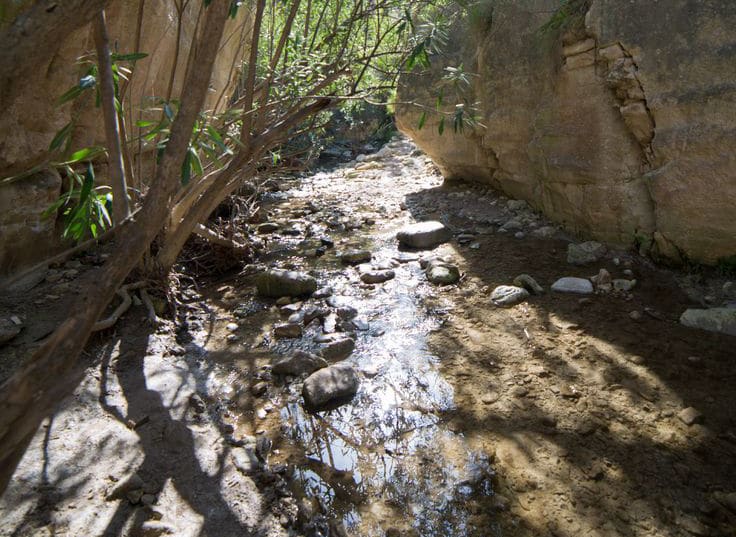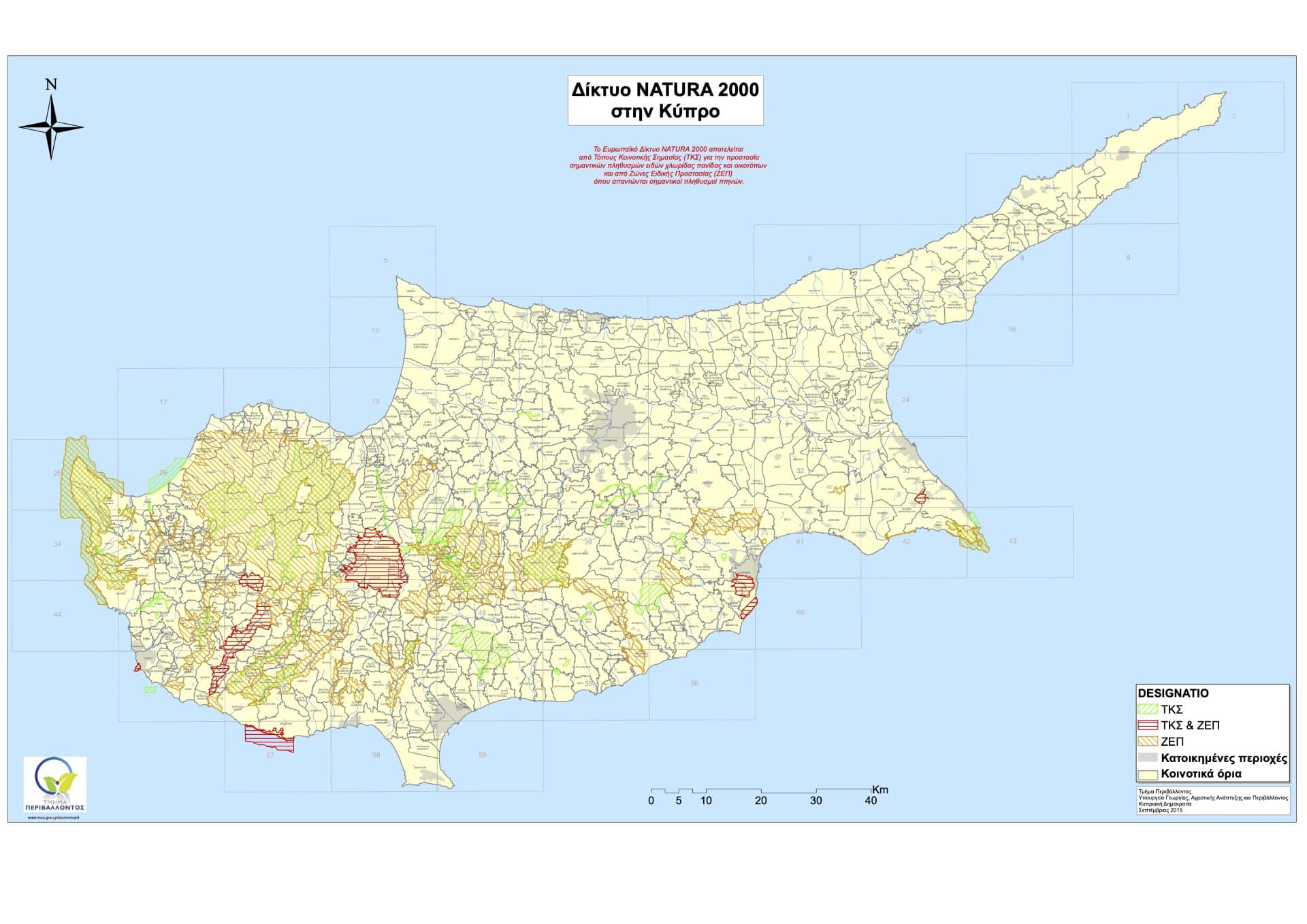Tourism, leisure industries impact Natura 2000 areas
By Maria Ladommatou
Cyprus is part of the Natura 2000 network, which entails 62 marine and terrestrial conservation areas across the Republic of Cyprus up to date. These areas are biodiversity rich and/or vulnerable due to the presence of endangered species that need special attention.
Natura 2000 is a network under the EU that has been created to prioritise nature protection through conservation work while also promoting the inclusion of locals in these efforts and allowing some development in the protected areas.
The locals’ involvement in nature protection is a highly debated topic within the environmental and social sphere, yet it proves to be environmentally positive when environmental management by people, governments and corporations are intentionally prioritising the wellness of the area’s species – from small to large. This type of environmental management can be referred to as “sustainable” environmental management and protection.
The Natura 2000 network specifically cites that any human involvement and development within the assigned Natura 2000 sites has to be sustainable and environmentally balanced. The exploitation and destruction of the natural landscape of the area and its species are going against the Natura 2000 Network Directives, specifically mentioned in Article 6(2).
Although laws exist to protect the biodiversity rich areas against nature destruction, the implementation and monitoring diameters of human activities and developments within the conservation sites prove to be hard to navigate for different reasons. After all, environmental implementation policies depend on governmental decision-making and priorities. Specifically in Cyprus, the economy highly depends on tourism and leisure industries. Such developments are often found near or within these Natura 2000 designated sites.
Since the Natura 2000 network has given the opportunity for economic developments within its sites, the tourism and leisure industries in Cyprus became a prominent driving force within these protected sites. These developments often advertise themselves as to be located in “lush”, “untouched” and “far-away” areas of the island, while also targeting an audience that is attracted to “remote” and “green” locations across the island. Such advertisements can be widely seen on highway billboards and online platforms.
It is important to note that what fails to be communicated openly to the public and attendees of these tourism and leisure experiences (such as: golf resorts, hotels, villas and malls), is that besides the scenic views and unfathomable beauty of those locations, these developments often have a detrimental effect on the biodiversity of the island. This can be due to their extent and other operational actions that it takes to keep these developments up and running.
Such big developments can require deforestation, alteration of natural landscapes, runoff of contaminated water to natural water systems, result in a high carbon footprint and project high levels of sound and light pollution. All these and many more factors affect the local biodiversity continuously, year after year, as these industries expand.
Large scale tourism and leisure corporations tend to have a higher impact on nature.
This is why your voice, choices and actions matter. Your decisions where you vacation, and which places you support have an impact on our natural landscapes.
It is often difficult to know which developments fall within the Natura 2000 sites, and whether their presence is harming nature.
Environmental NGOs have an abundance of information and mapping systems regarding where and how developments coincide within or around Natura 2000 sites, but also how they can negatively impact ecosystems, giving in depth examples of affected species.
BirdLife Cyprus and Terra Cypria are just two examples where someone can get more informed about where Natura 2000 sites in Cyprus are located and how some tourism and leisure developments that can inflict potential harm to nature.
Map of Cyprus with all the sites of the Natura 2000 Network
Maria Ladommatou is an anthropology graduate from Leiden University. Her research focus has been in environmental and political anthropology, with specific attention directed towards environmental degradation and exploitation through tourism in Cyprus








Click here to change your cookie preferences